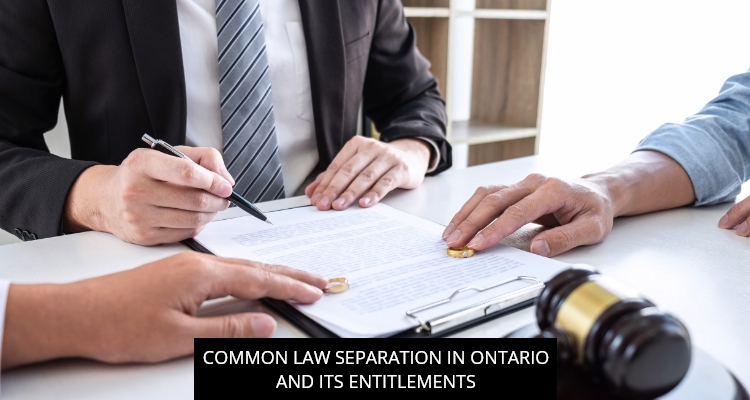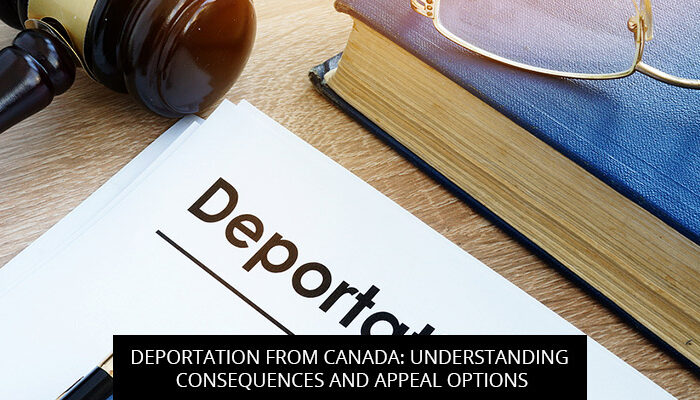
A family lawyer often gets the following questions from clients, “My spouse and I lived together for five years; things are going south; what am I entitled to?” “Are we classified as a common-law couple?” “Am I entitled to half of the family assets as a common law spouse?”
As per Statistics Canada, approximately 1 in 5 Canadians are in common-law relationships. The definition of a common-law relationship can differ considerably depending on the area of law. To answer these questions, first, let’s look at the idea of a common-law relationship in the family law context.
Legal Definition
Under section 29 of the Family Law Act, a couple is considered to be in a common-law relationship if they:
- are not married;
- have lived together for a continuous period of three years; or
- have a child together, via birth or adoption, and cohabitated in a relationship of some permanence.
This definition may give rise to the question – will a couple be regarded as a common-law couple if they have not lived together in a conjugal relationship for up to three years or have had a protracted gap during that time? If the couple has a kid together, they do not need to demonstrate that they have been together for any number of years. It is sufficient if both parties regard the relationship as permanent or serious.
Entitlements
There are four types of entitlements that a common-law spouse can potentially claim:
- spousal support
- child support
- division of property
- decision-making responsibility and parenting time
Spousal/Child Support
Support entitlements, spousal support and child support are calculated the same way for both married couples and common-law partners. However, common law partners cannot rely on the Divorce Act, as it only governs relationships between a married couple.
Property Rights
Unlike married couples, common law couples do not have statutory property rights in accordance with Part I of the Family Law Act. As a result, at the end of a relationship, the property should be returned to the spouse to whom the property belonged.
However, common law couples are not left with no recourse. Under resulting and constructive trust principles, the court generally looks at whether there is unjust enrichment of the defendant, whether the plaintiff suffered any deprivation and if there is any juristic reason for the enrichment. A spouse is entitled to a share of the asset if determined as “joint family ventures” by the court.
Decision-Making Responsibility And Parenting Time
Concerning child’s Decision-making responsibility and parenting time, common-law couples can only apply under the Children’s Law Reform Act (CLRA).
A parent or any other person, including a grandfather, may apply to the court for an order respecting decision-making responsibility and parenting time under the CLRA. Sections 4-15 of the CLRA outline specific rules for determining parentage.
Matrimonial Home
The right to exclusive possession of a matrimonial home does not become existent in this kind of relationship. The person entitled to possess the home is the person whose name is on the title or the lease. Although common-law spouses may apply to stay in the home as part of the support order or apply for a restraining order in the case of domestic violence, they are not titled to exclusive possession.
Get In Touch With Us!
Need assistance with drafting a separation agreement at the end of your common-law relationship, or are you unsure how to claim your rights as a common-law spouse? Talk to one of our experienced family lawyers at Ayaz Mehdi Professional Corporation.
Disclaimer: Kindly note that sending or receiving information through this site does not establish a solicitor-client relationship. Legal matters are fact-specific, and the law is variably changing. The views expressed and the content provided on this blog are general guidelines and cannot substitute for proper legal advice. Schedule your legal consultation by clicking here: Let’s meet!






